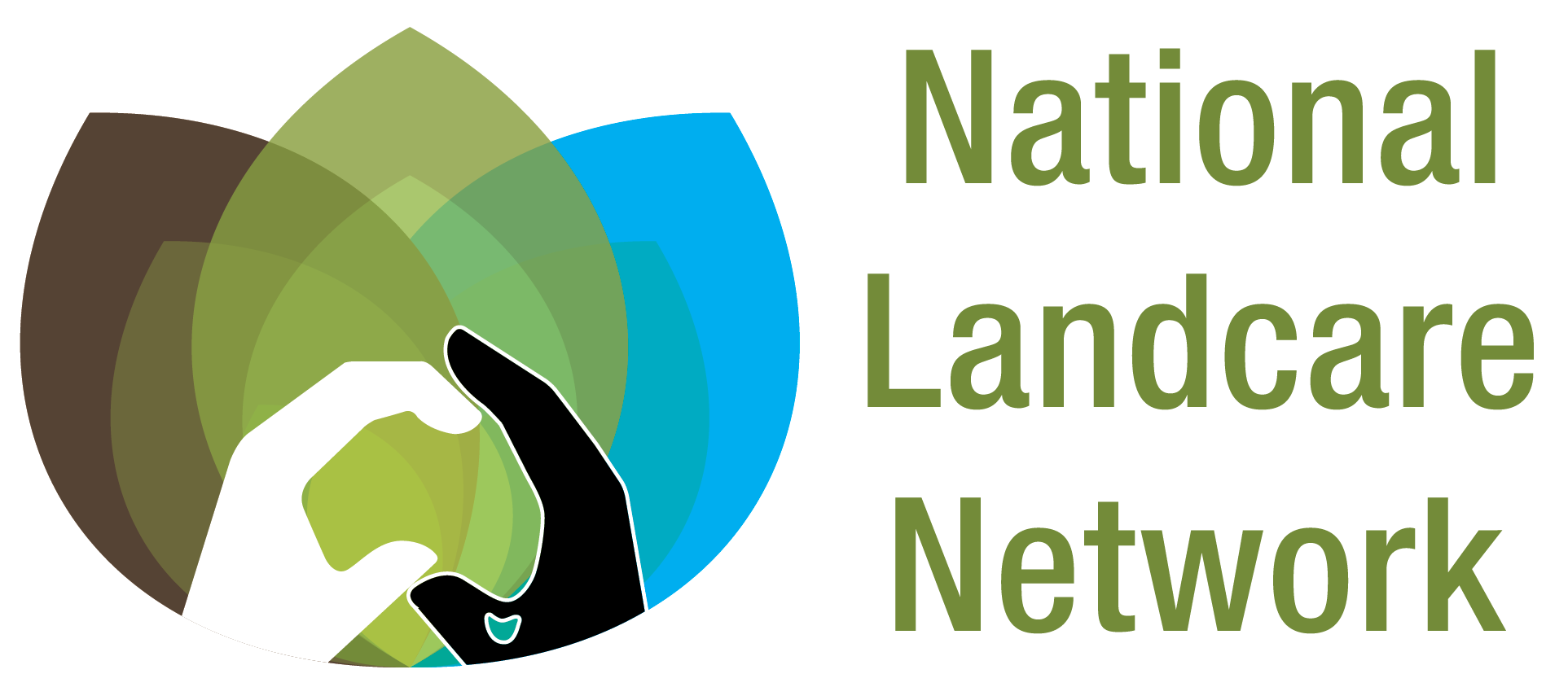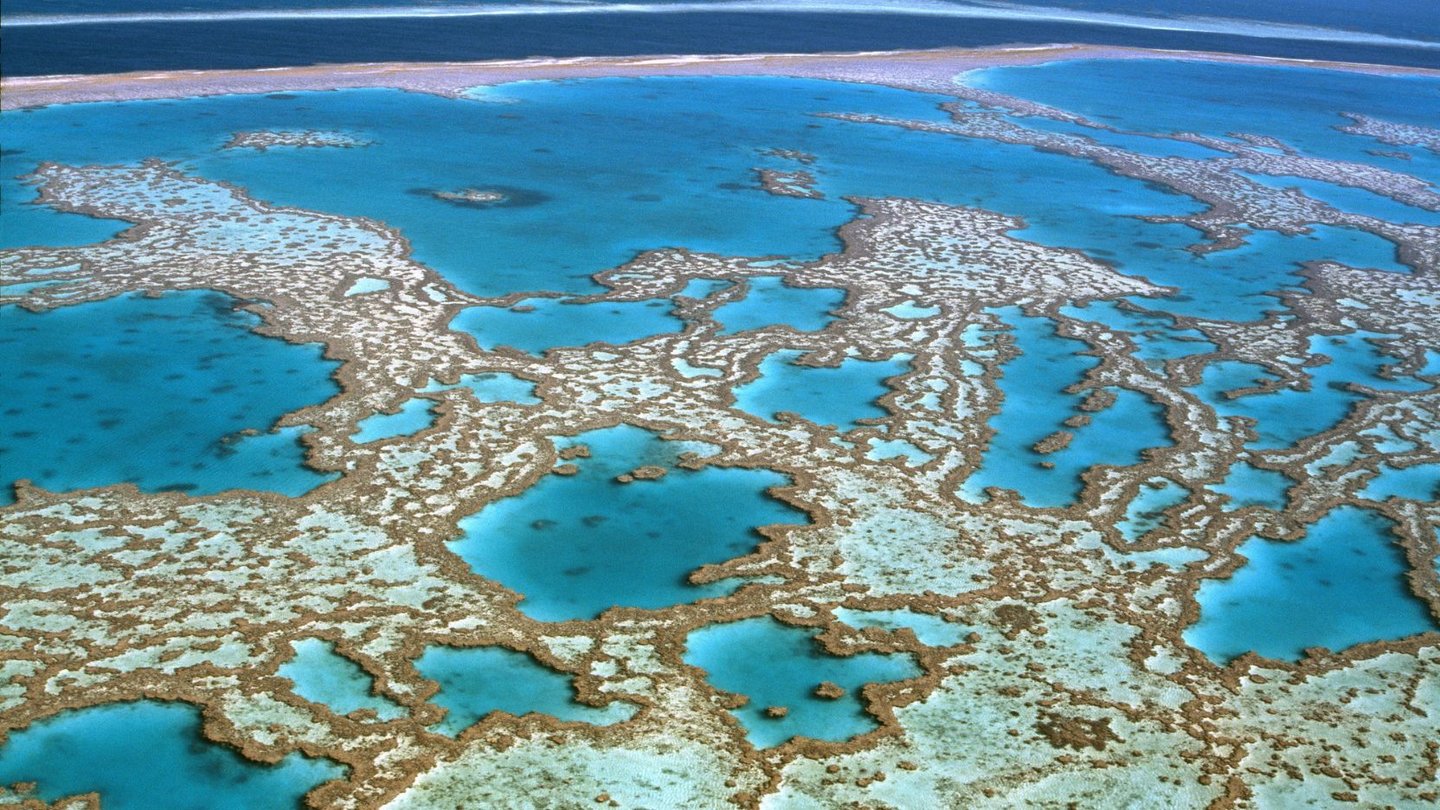This week the 2022 Scientific Consensus Statement – the most comprehensive review of land-based impacts on the water quality and ecosystem health of the Great Barrier Reef – was released. This significant piece of research was developed over two years (2022–2024) with over 200 experts including 147 authors and reviewers from Australia and overseas. It is a key document used by policymakers to help in making decisions about managing Great Barrier Reef water quality and to help address the significant impacts of climate change.
It serves as one of several projects providing supporting information for the design, delivery and implementation of the Australian and Queensland government’s Reef 2050 Water Quality Improvement Plan. The Plan defines objectives and targets related to water quality improvement, identifies spatial management priorities and describes actions for improving the quality of the water that enters the Great Barrier Reef from the adjacent catchment area.
Management that supports improvement of Great Barrier Reef water quality requires an understanding of:
- current water quality conditions and factors that influence water quality at different times and locations
- the impacts of poor water quality on Great Barrier Reef ecosystems and how they interact with other threats
- the sources and transport pathways of land-based pollutants
- the actions that can improve water quality and the main factors that influence the success of these actions
The Scientific Consensus Statement summarises the evidence, typically from 1990 to the end of 2022, across this broad scope and identifies points of consensus among scientific experts on these issues. Scientific consensus among experts in multiple fields of research and disciplines was identified as a high priority for building confidence in the 2022 Scientific Consensus Statement for the community of policy makers, managers, delivery partners, stakeholders and a wider audience that all hold an interest in water quality outcomes for the Great Barrier Reef. The full document can be read here.

